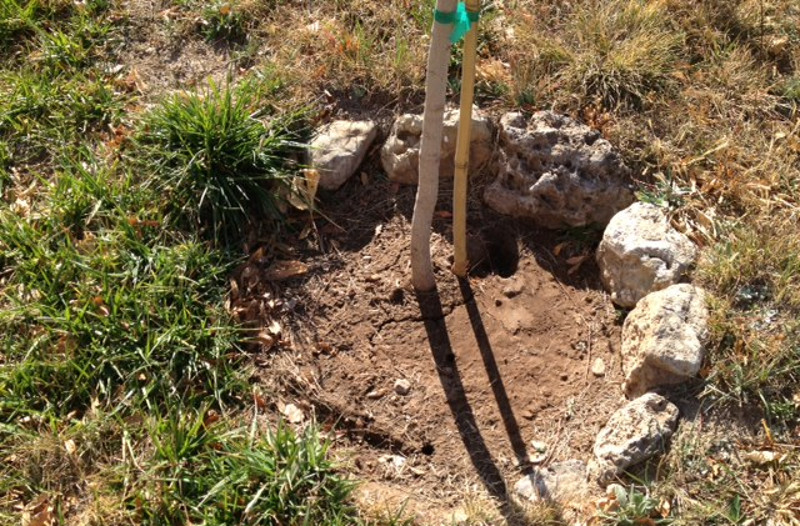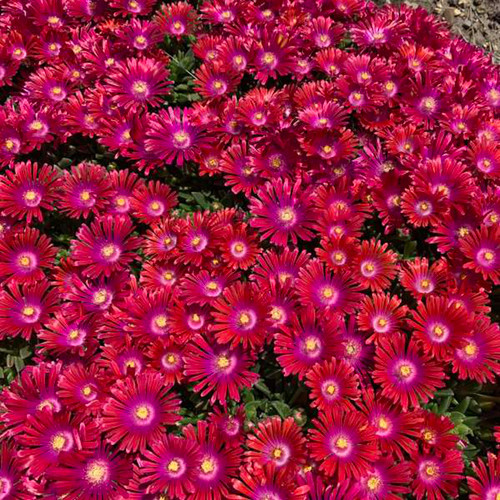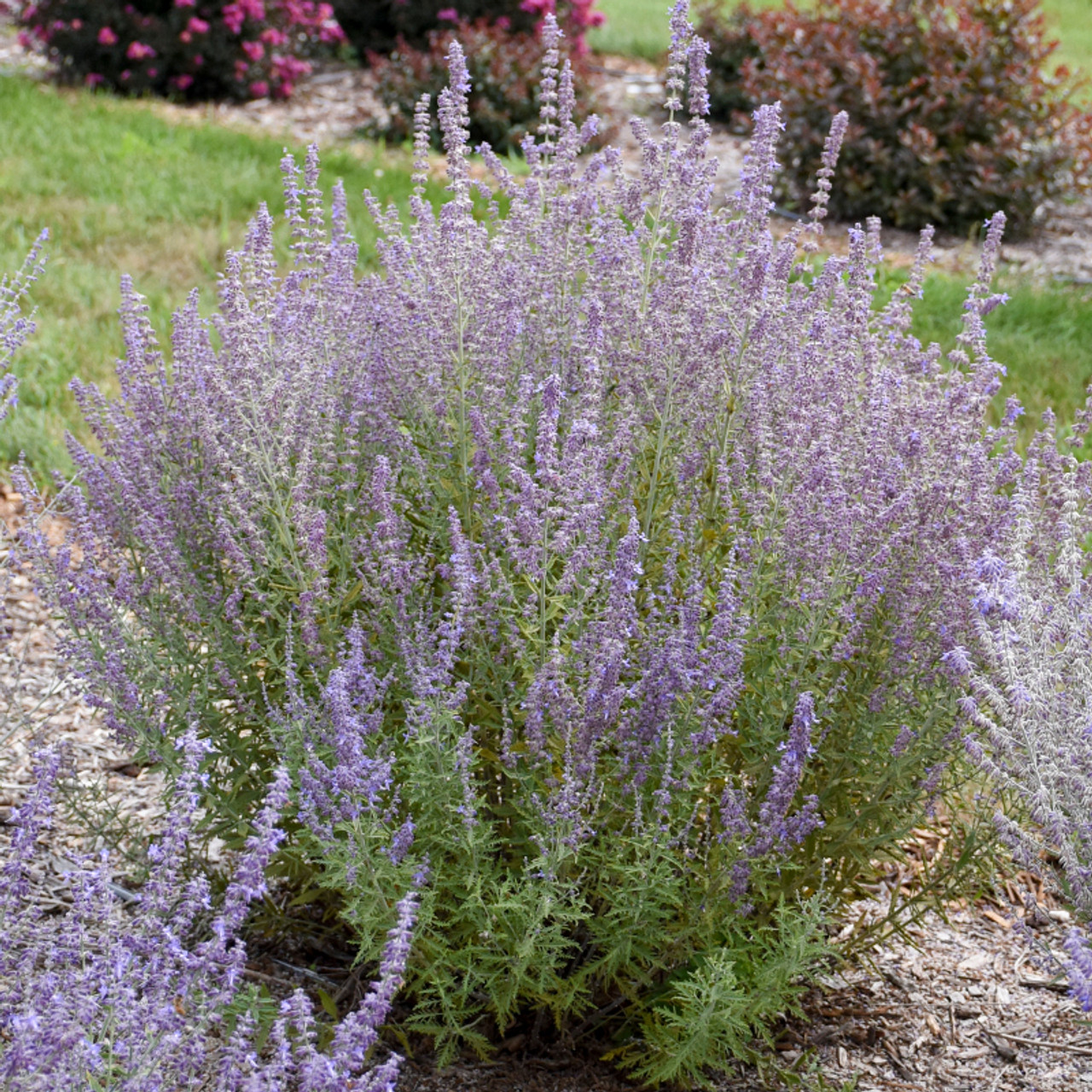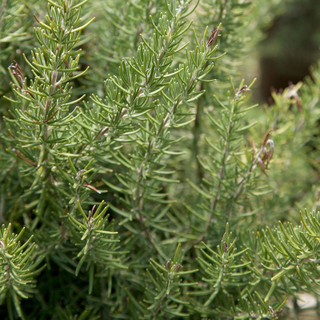
Drought Tolerant Plants
Drought tolerance "is the ability to which a plant maintains its biomass production during arid or drought conditions". Some plants that tolerate drought have adapted to the surroundings over hundreds of years growing in the wild. Typically those are called native plants.
Other plants have been specifically bred to be able to tolerate drought more than other plants. But as resources become harder to come by, including water, it makes more and more sense to use plants that use less water. Those plants are typically easier to care for, cheaper to care for, and better for the environment.
Water-Wise Gardening Tips
Let’s review a few tips for water-wise landscaping that help homeowners living through dry conditions, through a drought or just gardeners who want to cut back on their water usage.
Use a rainwater harvesting system. If you live in a climate zone that’s warm enough to leave rain barrels out all winter or have underground cisterns, your system has been efficiently gathering water all winter. In other climates, rain barrels can freeze in winter.
Update your irrigation system to drip irrigation. This low-volume method is the most practical and water-efficient way to hydrate ornamentals. When you use spray heads, water evaporates into the air. It also hits leaves and nearby plants. The spray can cause leaf disease in some plants, plus it’s more efficient to soak roots deeply than to water the entire plant.
Review the volume of water going to each plant. As you plan your irrigation, or check out your current system, make sure to adjust the water amount for the plants wherever necessary. For example, succulents and many xeric plants need no water at all once established, unless you’re in an extreme drought. Too much water can actually harm some xeric plants. Use drips at the base of low- and medium-water flowers and groundcovers. Increase the flow rate for larger shrubs and trees, and add a few extra emitters around trees, especially while they’re becoming established. Remember that tree roots grow out, just like the canopy.
Water in the morning. This helps get your plants through the heat of the day, and when less evaporation occurs.
Use raised beds. Raised beds and containers concentrate water, so if you want a few herbs or vegetables or some medium to high water ornamentals, confine them to an area that takes a little more water than the others. If you place the raised bed near your drip system, you can add it to the mix and adjust the flow on your emitter if necessary. Just remember, some containers, such as clay pots, dry out more quickly, even though they use less water each time. It’s like having a smaller tank on a fuel-efficient car. It’s not necessarily using more gas, just needing more frequent refilling.
Build a small well around new plants to hold water. This helps the plant soak up the irrigation and keeps water from running down and off the plant, wasting your precious resource. This can be simply done by adding rocks or other material to block the water from running away.

This well helps hold water until this small tree is established, especially since it’s on a slope.
Use mulch when possible. This helps retain moisture around the plants and keep roots cool during the heat of the summer.
Override irrigation schedules after rainstorms. Finally, automatic irrigation is most efficient, and the consistent, timed watering is best for plants and lawns. But override it whenever you can after a good rain.
Note: Much of this information about drought tolerant plants, waterwise gardening, xeriscaping, xeric plants, waterwise botanical & low water plants was written by our friend, partner and expert gardener Teresa Odle. She created the blog Gardening in a Drought, which we have moved over to our website.
Drought Tolerant Plants
Drought tolerant plants are the perfect choice for gardeners looking to create a beautiful, low-maintenance landscape that thrives with less water. These hardy selections are not only tough in dry conditions but also come in a wide range of colors, textures, and sizes to suit any garden style. Whether you're in a hot, arid climate or simply want to conserve water, these plants make it easy to grow a stunning and sustainable garden.
Which Drought-Tolerant Plants Are Right for You?
Not sure where to start? Here’s a quick guide:
Hot, Sunny Spots: Go for Russian Sage, Agastache, or Yarrow—these thrive under intense sun and dry soil.
Low-Water Containers: Sedum, Lavender, and Rosemary hold up beautifully in pots with minimal watering.
Pollinator Magnets: Coneflowers, Coreopsis, and Bee Balm not only beat the heat but also bring in bees and butterflies.
Cold-Hardy Picks: Look to Catmint and Blanket Flower—both handle drought and cooler zones with ease.






































